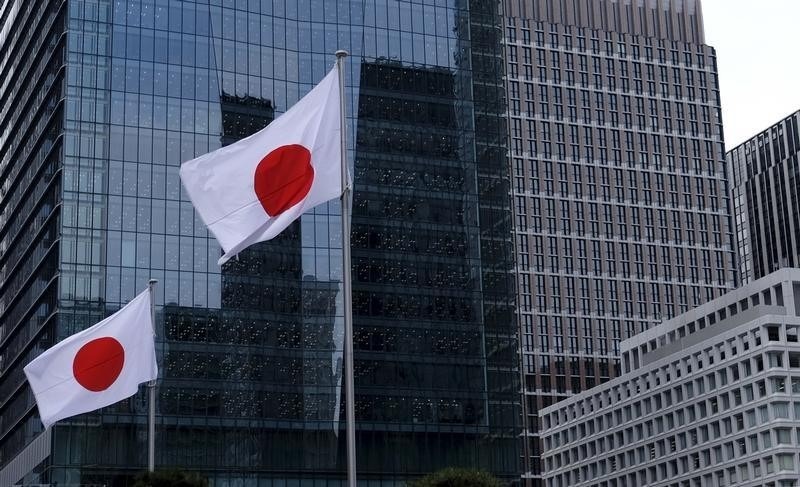Many investors are looking to Japanese stocks as a source of diversification from pricier U.S. names, according to analysts at BofA.
In a note to clients, the strategists led by Masashi Akutsu said that a series of meetings with investors from regions around the world found that interest in Japan’s stock markets was "more positive than we had expected."
European investors appeared to be equal weight on Japanese equities overall, they noted, while those in Canada were "overweight or slight overweight" these stocks.
In the U.S., investors with experience in Japanese stocks tended to be "underweight," with many citing a "lack of catalysts" in the country.
"However, we were taken aback by how many investors were newly engaging with Japanese equities with interest, reminding us of the time when investors in Asia shifted funds into Japanese equities and helped spark a rally 1-2 years ago," the analysts wrote.
A need to diversify away from frothy U.S. stock valuations was among the biggest drivers behind this engagement with Japanese stocks, they said, adding that investors were also enticed by signs of accelerating corporate reforms and Japan’s transition to "an inflationary economy."
Although the brokerage flagged that it was too early to say there is a boom in interest in Japanese stocks, they believe "this quiet shift in fund allocation [...] has led to 10 consecutive weeks of net buying by foreign investors."
Still, they said some concerns linger, particularly around the trajectory of trade negotiations between the U.S. and Japan. A White House pause on elevated "reciprocal" duties on a host of nations, including Japan, is due to expire early next month, and uncertainty surrounds U.S. discussions around potential new trade deals.
3rd party Ad. Not an offer or recommendation by Investing.com. See disclosure here or remove ads. A possible surge in Japanese government debt yields and the impact this would have on the real economy was another source of worry, they said.
"It seems that more foreign investors than domestic investors are concerned about this, partly due to knock-on effects on interest rates in other markets," the analysts said.
Finally, Bank of Japan policy decisions were in focus as well. On Tuesday, the BOJ left interest rates unchanged as widely expected, and stated that it will reduce the pace at which it is tapering its monthly bond purchases from the next fiscal year.
The BOJ left its benchmark policy rate at 0.5% for a third consecutive meeting after a 25 basis point hike in January. Starting from April 2026, the BOJ also said it will cut its bond purchases by about 200 billion yen per quarter, compared to its current pace of 400 billion yen per quarter.
The move is likely aimed at reducing market disruptions while also maintaining sufficient support for the Japanese economy, which is grappling with increased headwinds from the steep U.S. trade tariffs.













